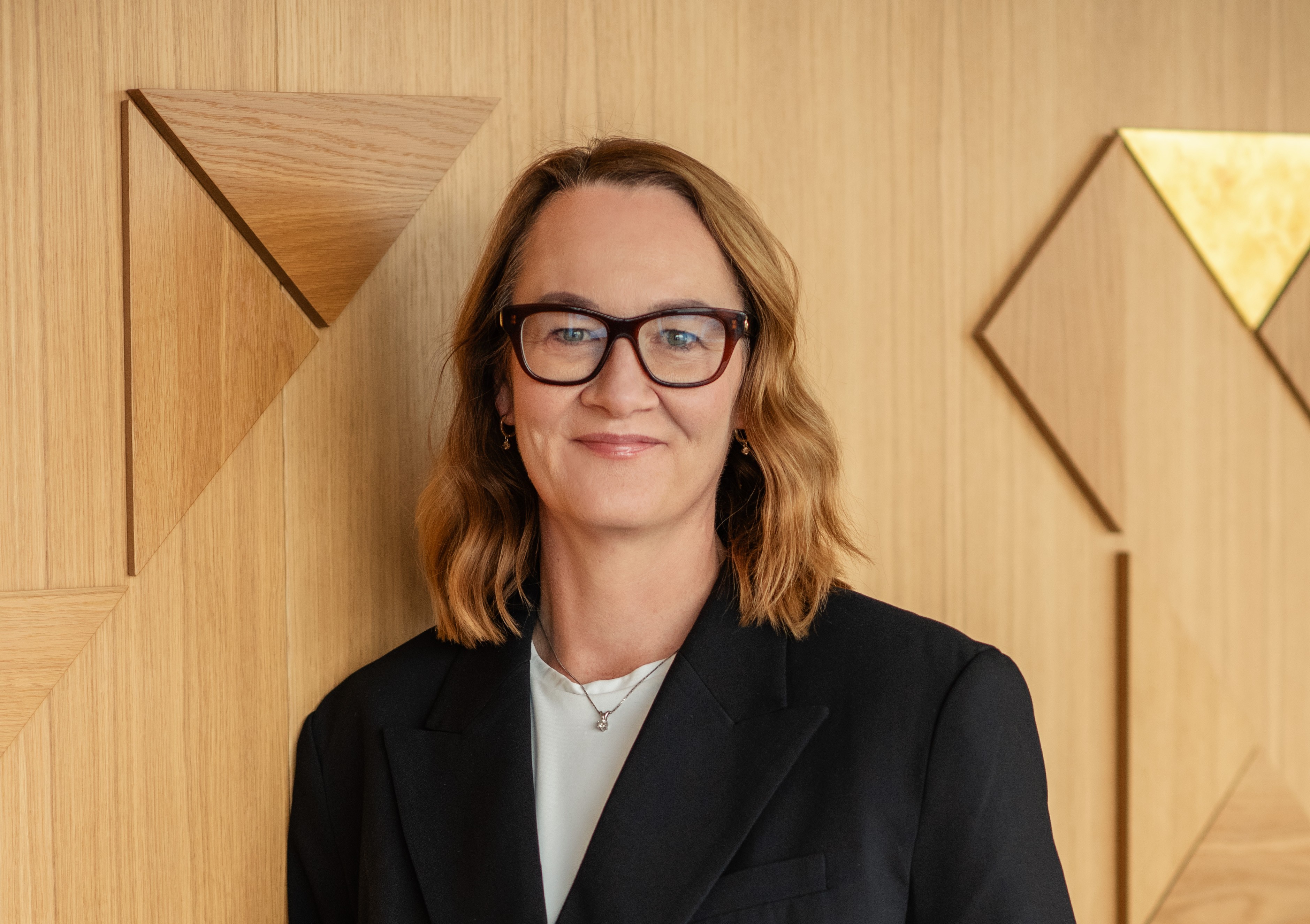Q: How does Wilstar Social Impact work with impact investing, and what role do you play in this work?
At Wilstar, we focus on specific program areas to identify investment opportunities that address challenges and drive meaningful change, with the overarching goal of achieving systemic transformation. We aim to develop thematic expertise to truly understand the issues at hand and be a catalyst for solutions.
Additionally, we place a strong emphasis on Impact Measurement and Management (IMM)—not just as an evaluation tool but as a guiding framework to ensure our investments have a measurable effect. We also prioritize additionality, meaning that our contributions genuinely help create change.
As a small but highly engaged team, we actively work to understand our investment areas, evaluate solutions, and measure the impact of our investments. This involves building a strong pipeline, conducting due diligence, and ensuring close follow-up on our portfolio.
Q: What excites you most about working in impact investing?
Many are drawn to impact investing because it offers a way to contribute to scalable, practical solutions. Given today’s news cycle, which often highlights complex global challenges, I think this aspect becomes even more relevant. The field also provides continuous opportunities for learning and innovation, which I find incredibly inspiring.
Q: What are the biggest challenges for impact investing in Norway today? What needs to happen to make impact investing more accessible?
I believe the key challenges and opportunities are closely linked. Making impact measurement and management more tangible and comparable to financial returns can help unlock capital and attract more interest. However, the field still needs to mature in terms of integrating impact goals on the same level as financial objectives.
Challenges related to measuring and tracking impact KPIs, as well as unclear regulatory frameworks, can slow down progress. At Wilstar, we believe in the importance of a robust strategy and strong tools for assessing a company's impact potential. Many investors may not yet have these resources fully in place, but we see great potential to scale impact investing if more players develop structured methodologies that align with their mandates. Of course, this requires a certain amount of trial and error.
Q: Do you have a specific impact-related issue that you are particularly passionate about?
Right now, we are especially focused on innovative financing solutions tailored to specific investment objectives. We believe that expanding the range of financial instruments available can significantly enhance the opportunities within impact investing.
Q: Lastly, if you could ask the NorNAB network one question, what would it be?
We are curious about experiences and reflections on the development of innovative financing solutions. We welcome input from NorNAB members, as well as perspectives from policymakers and tax authorities on this topic.




